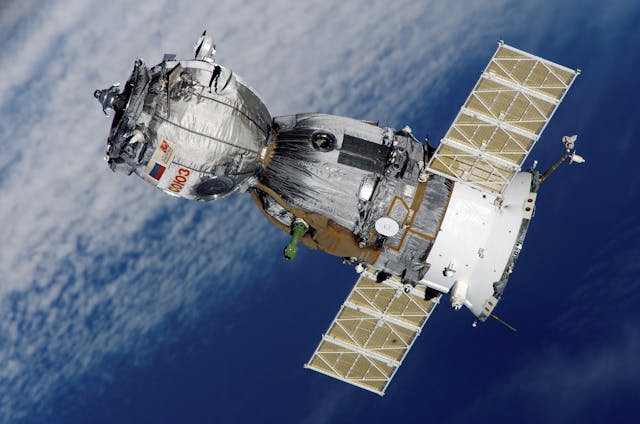Iss stranded by Boeing capsule fault, china returns with moon samples amid orbital debris concerns
Recent developments in space exploration have brought both triumphs and challenges, as Boeing’s test pilots find themselves marooned aboard the International Space Station (ISS) due to a malfunctioning capsule. The incident coincided with a harrowing encounter with orbital debris, originating from the decommissioned Russian satellite RESURS-P1, which fragmented into over 100 observable pieces. Fortunately, NASA has contracted SpaceX to safely deorbit RESURS-P1 by 2030, aiming to mitigate future space hazards.
Meanwhile, China has made headlines by successfully retrieving samples from the lunar far side, marking a significant achievement in its lunar exploration program. This feat follows earlier setbacks, including a mishap during a static test of the Tianlong-3 rocket in Gongyi, which drew global attention to the complexities and risks inherent in space missions.
Embed from Getty ImagesAnalysis:
Political Perspective: Politically, these events highlight the competitive nature of space exploration among global powers. Boeing’s setback underscores the technological challenges faced by private contractors in maintaining reliable space transport systems and influencing government decisions on funding and oversight. China’s successful moon sample return bolsters its position as a formidable player in space exploration, influencing international space policies and partnerships.
Social Perspective: Socially, public interest in space missions remains high, fueled by technological advancements and scientific discoveries. Events such as Boeing’s ISS incident and China’s lunar success stimulate public discourse on the risks and benefits of space exploration. They also inspire future generations to pursue careers in STEM fields, promoting educational initiatives focused on space science and technology.
Economic Perspective: Economically, space missions drive technological innovation and economic growth through investments in aerospace industries. Boeing’s challenges highlight potential economic impacts on commercial space ventures, influencing market dynamics and investor confidence. China’s advancements in lunar exploration could stimulate economic opportunities in space resource utilization and international collaborations.
